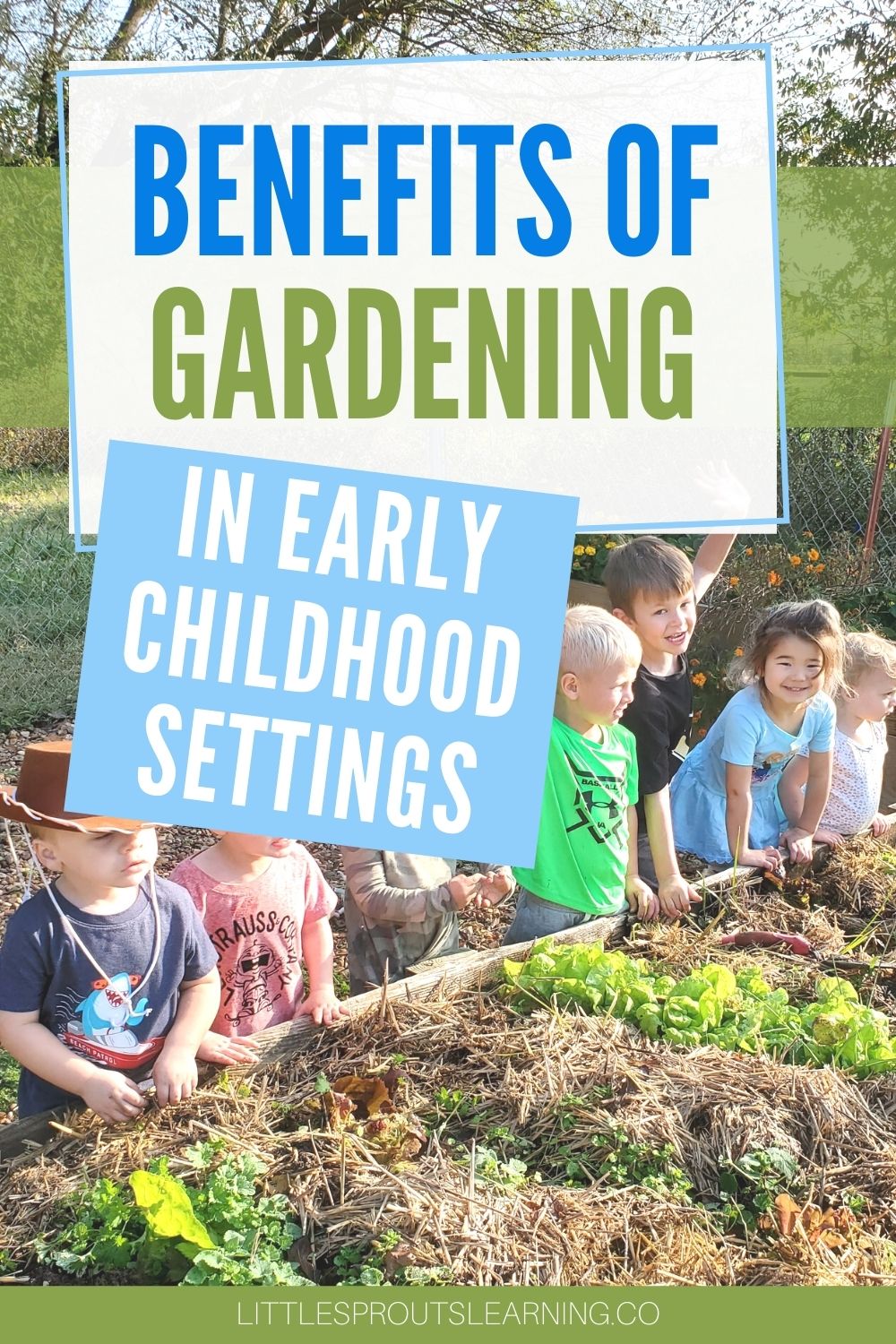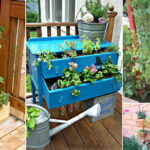Gardening is often viewed as a leisurely pastime or a means to beautify one’s surroundings; however, its profound implications for child development are frequently overlooked. As an interdisciplinary endeavor that intertwines physical, cognitive, and emotional dimensions, gardening can serve as a catalyst for holistic growth in children. This article will elucidate the multifarious benefits of gardening, showcasing how this nurturing practice can significantly contribute to developmental milestones.
At its core, gardening is an exceptionally engaging modality through which children can develop essential life skills, delve into environmental stewardship, and cultivate emotional intelligence. By exploring the various dimensions of child development, we can begin to appreciate the myriad ways in which gardening can enrich the formative years of a child’s life.
The multifaceted nature of child development encompasses cognitive, social, emotional, and physical domains. Each domain interconnects and influences the others, creating a complex web of growth and learning. Gardening can robustly stimulate these aspects, leading to comprehensive development.
Exploring the Cognitive Benefits of Gardening
Engagement in gardening activities presents unique opportunities for cognitive enhancement. It provides children with hands-on experiences that facilitate the understanding of scientific concepts. The act of planting seeds, nurturing them through water and sunlight, and witnessing their growth into mature plants introduces fundamental principles of biology. This experiential learning enhances inductive reasoning, encouraging children to hypothesize and test their ideas about plant growth and ecosystems.
Moreover, gardening enhances problem-solving skills. Children often encounter challenges, whether it be dealing with pests or adapting to unpredictable weather conditions. Through these experiences, they develop resilience and adaptability, critical traits that extend beyond the garden, supporting academic success across various subject areas.
Integrative thinking is also fostered in the gardening environment. Children engage in tasks requiring planning, organization, and multitasking, such as mapping out a garden layout, selecting suitable plants, and scheduling watering sessions. This holistic approach encourages cognitive flexibility and promotes executive functioning skills, which are fundamental for academic achievement and lifelong learning.
A Perfect Playground for Social Development
Gardening is inherently a communal activity, thus offering an ideal setting for the nurturing of social skills. When children collaborate on gardening projects, they engage in cooperative play, developing essential communication skills, teamwork, and conflict resolution techniques. These social interactions are pivotal for developing empathy and understanding diverse perspectives.
Working in a garden allows children to take on various roles within a team—leaders, supporters, and planners. This role-playing cultivates a sense of responsibility and accountability, and children learn the significance of contributing to a common goal. These experiences can profoundly affect their relational patterns, encouraging them to foster harmonious interactions and build lasting friendships.
Additionally, by introducing concepts of environmental stewardship, gardening can ignite a passion for sustainability and responsibility towards the planet. Children learn to respect nature, understanding the balance between humanity and the environment. This instills a sense of belonging and encourages them to become proactive members of their communities, fostering collaboration and collective action.
Emotional Intelligence Flourished Through Gardening
The act of tending to plants can be remarkably therapeutic for children, acting as an emotional outlet. Gardening serves as a medium through which children can express their feelings and reduce anxiety. The sensory experiences involved—touching soil, observing growth, and inhaling fragrant flowers—can enhance mood and promote emotional well-being. This connection to nature can lead to increased mindfulness, an essential component for emotional regulation.
Moreover, gardening teaches children the nuances of patience and nurturance. The process of watching seeds develop into plants is a tangible lesson in delayed gratification, illustrating that meaningful outcomes take time. This understanding fosters perseverance and helps children navigate setbacks—not only in gardening but also in other life contexts.
Developing an Attitude of Gratitude
Children exposed to gardening often cultivate an appreciation for the food they consume. Understanding where food originates, and the labor invested in its growth, can lead to healthier eating habits and a general sense of gratitude. By participating in the entire cycle—from seed to plate—children become more aware of the agricultural processes and the environment that supports them. This informed perspective often translates into choices that prioritize sustainability and nutrition.
Physical Development: A Natural Play Space
Gardening involves an array of physical activities, from digging and planting to watering and weeding, which support gross and fine motor skills. Such engagement promotes physical health, developing dexterity and coordination. For young children, these tasks can enhance muscle strength and promote physical fitness, combating sedentary behavior prevalent in modern society.
Furthermore, gardening can also enhance spatial awareness and understanding of measurement. When children decide how far apart to plant seeds or determine the depth of holes, they come to grasp essential mathematical concepts. This application of math in practical scenarios solidifies understanding and creates a rich learning experience that transcends traditional classroom settings.
A Gateway to Interdisciplinary Learning
The interdisciplinary potential of gardening education is staggering. It can seamlessly integrate various academic subjects, from science and math to art and literature. Narratives centered around gardening can be utilized in language arts to develop reading and writing skills. Practical experiences can serve as real-life science experiments, observing plant biology or studying insect life cycles.
Artistic expression can flourish in the garden setting as well. Children can create signs, design flower arrangements, or even build garden structures. Such activities link creativity with the rigors of systematic inquiry, illustrating the beauty of blending the arts and sciences.
The Necessity of Inclusivity in Gardening Initiatives
Gardening activities need to be inclusive and adaptable to the diverse abilities present in various settings. Children with different physical or emotional challenges can thrive in gardens designed to accommodate their needs. Raised beds for wheelchair accessibility, sensory gardens with aromatic and textured plants, or quiet gardening spaces for children needing calm can foster participation and inclusivity. Therefore, gardening initiatives should prioritize the engagement of all children, promoting equity in child development programs.
In conclusion, gardening emerges as a multifaceted educational tool with the potential to significantly enhance child development across cognitive, social, emotional, and physical dimensions. By integrating gardening as a regular activity in educational environments, we pave the way for cultivating well-rounded individuals prepared to navigate future challenges. The skills and lessons learned in gardens can foster self-awareness, environmental stewardship, and a commitment to community, fundamental traits that can lead to a brighter tomorrow for every child.









Leave a Comment